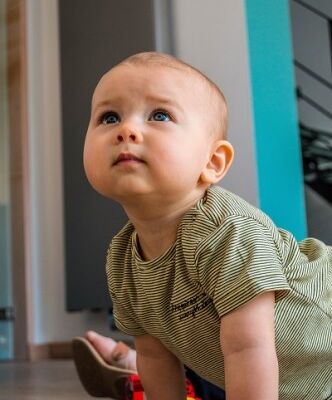When should a Court order publicity of a child’s details in case to assist it in its functions?
The High Court has had to recently deal with this question in a recent child abduction case. The case of Uhd –v- McKay saw a father make an application for the summary return of his daughter to Australia. The application was made under the Child Abduction and Custody Act 1985 for an Order that the child be returned to Australia in accordance with the Hague Convention. Given that both England and Wales and Australia have agreed to this Convention then the father received free legal aid.
The mother is British and the father Australian. They met in Australia where the mother had lived for a period of around 22 years. The parents started to live together in November 2012 and married in April 2013. The child was born in December 2015 however the marriage broke down.
In September 2018 the mother removed the child to the UK without the father’s consent. The judgment throws up the interesting facts of the case such as that the mother, when arriving in the UK, bought a camper van and toured the country even ending up in Outer Hebrides.
The father eventually found out that the mother was in the UK and issued his application. However when the High Court initially considered the application, the exact whereabouts of the child were not known. As such, Mr. Justice Keehan authorised the child’s name and picture to be publicised to help the child being located.
The child was found and the mother served with the application leading to a final hearing. At that hearing the mother opposed the application for the child to be returned to Australia however Mr. Justice MacDonald (who dealt with the final hearing) decided against her. He concluded that this was a clear case of abduction and the mother’s actions in touring the country were to ensure that she and the child were not detected.
The case is interesting in that it is one where publicity was used to good effect, so that the right outcome could be achieved for the child. Ultimately it is important that parents engage in the Court process and this case will warn parents with mistaken intentions from acting contrary to what is best for a child.
Patrick Sheedy
Solicitor
